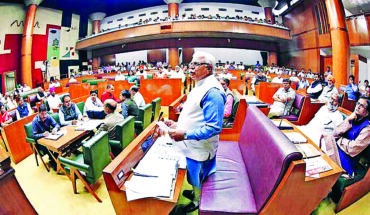German Foreign Minister Annalena Baerbock’s visit to India and talks with External Affairs Minister S. Jaishankar have set the stage for a more updated bilateral relationship. The two sides signed an agreement on mobility and migration that boosts travel for students, researchers and investors and businesses, and the meeting was preceded by Germany’s agreement to fund renewable energy projects worth a billion euros. The year 2022 has seen intense high-level engagement, as Prime Minister Narendra Modi made two visits to Germany — for the India-Germany Inter-Governmental Consultations with Chancellor Olaf Scholz in Berlin and the G-7 outreach summit in Bavaria. The leaders also met at the G-20 summit in Bali. In 2023, Scholz is expected to be in Delhi, in spring, and again in September for the G-20 summit in India. On the multilateral stage, Baerbock, a leader of the German Alliance 90/Green party, made countering climate change an important issue where New Delhi and Berlin can cooperate at the G-20 under India’s presidency. Jaishankar spoke of the need to keep pushing for UN Security Council reform, where India and Germany have been part of the ‘G-4’ grouping since 2005. Baerbock also walked back previous controversial comments calling for the “United Nations track” to resolve the Kashmir dispute. The substance of the relationship will be tested in continuing differences over the war in Ukraine. Jaishankar’s line to journalists was that India’s imports of Russian oil, a national interest necessity, remain a fraction of the fossil fuels Europe continues to buy. For India, it will be necessary to work more closely with Germany to bring all western partners on board with Modi’s plans to forge “global unity”, without letting the deep divisions with Russia derail consensus on important tasks such as fighting climate change, inequality, poverty and the digital divide.
India, Germany can bring G-20 allies together
Published Date: 10-12-2022 | 5:27 pm




